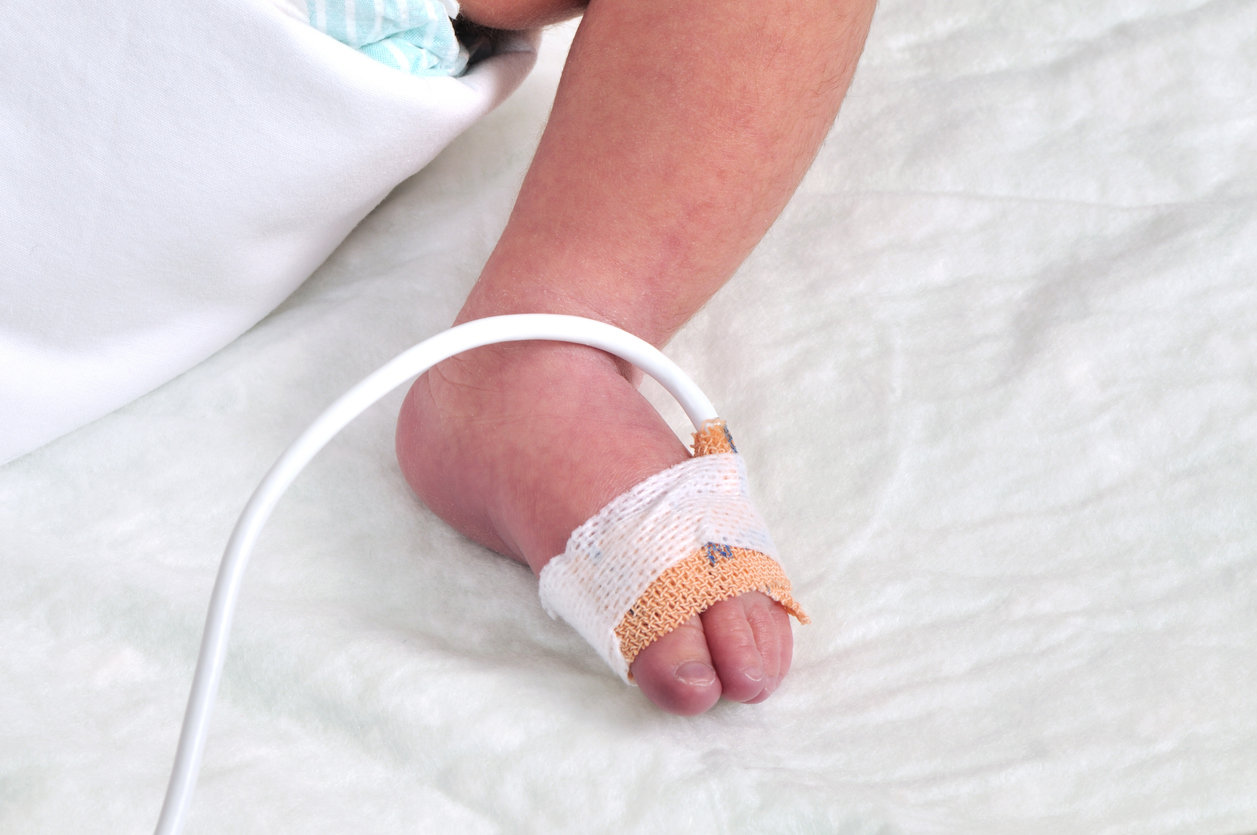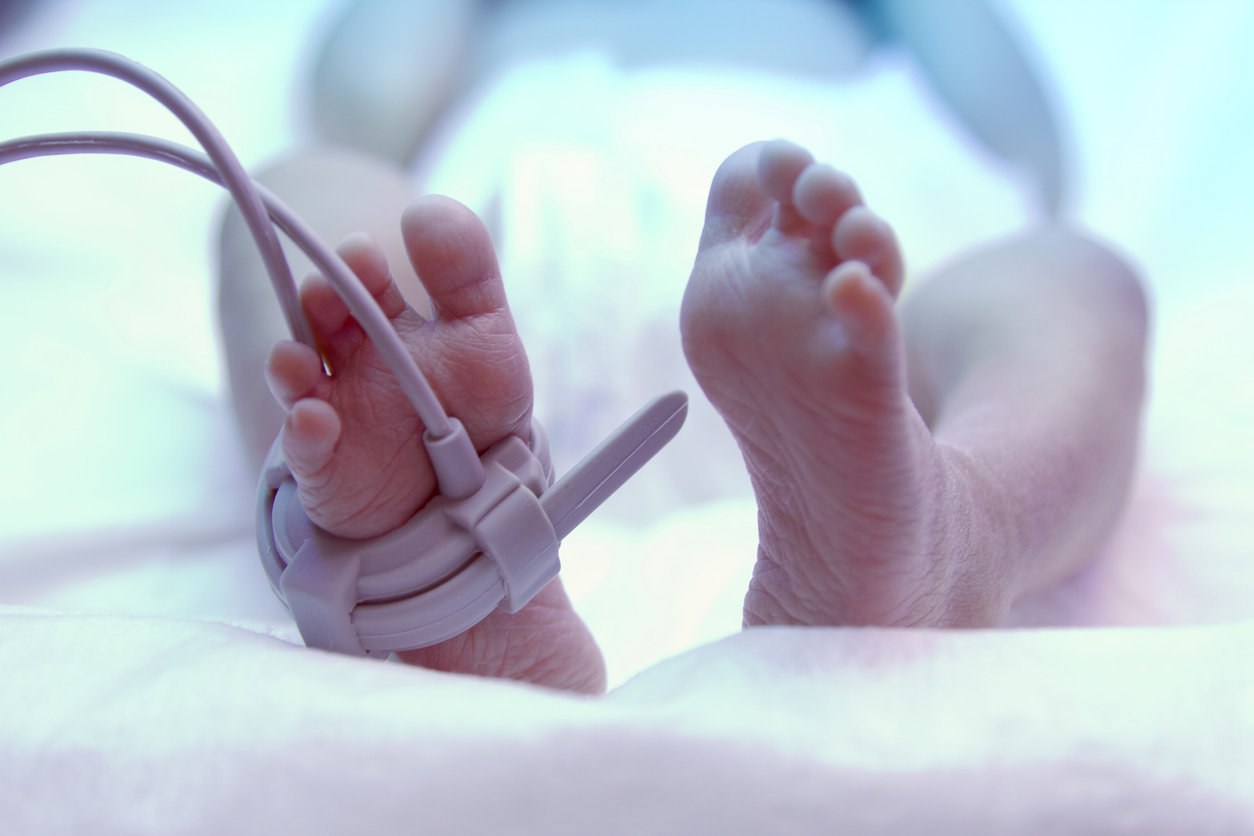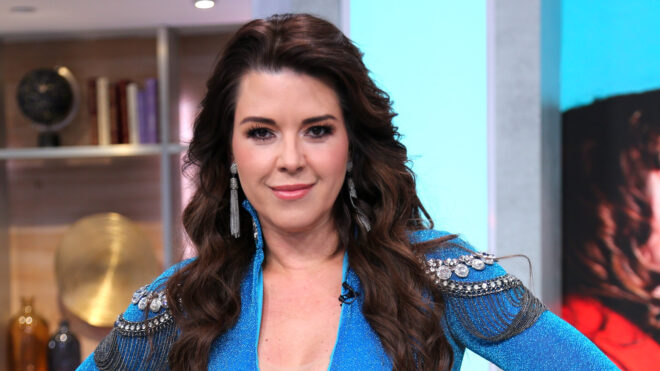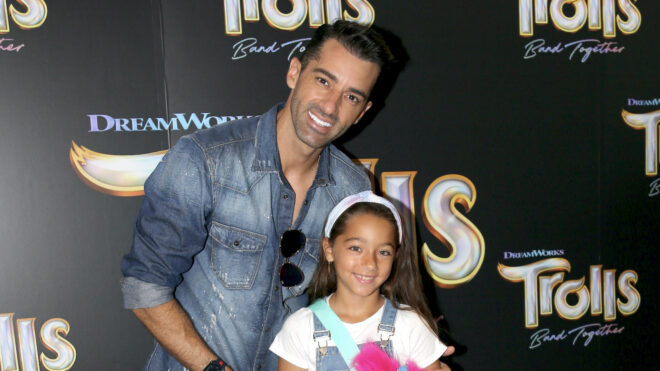
There's more sad news on the coronavirus front, and it's particularly saddening because it involves a newborn. A woman infected with coronavirus delivered a baby, whose gender has not been shared, on Sunday, February 2, in Wuhan, China. The baby was tested just 30 hours after being born, and the result was positive for coronavirus. This has doctors thinking that it's possible pregnant women may be able to pass the virus to their unborn children.
More from MamásLatinas: All about the deadly coronavirus & how you can protect your family
The type of coronavirus that the baby and mother have is called 2019-nCoV–short for 2019 novel coronavirus–and is believed to have originated in Wuhan. Coronaviruses are a family of viruses that in some cases mutate to the point of being able to pass from animals to humans. Thus far, more than 24,000 people have been infected by the virus, and there have been at least 490 deaths as a result.
As with the common cold, there is no cure for coronavirus. Most otherwise healthy people will recover on their own. But complications can arise that lead to death, especially in those who have vulnerable immune systems. A newborn's immune system is not fully developed, which is why the possibility that pregnant mothers can pass the virus on to their unborn babies is very scary.
Here's what we know about the newborn who tested positive for the Wuhan coronavirus.
The baby was having difficulty breathing.
X-rays revealed signs of infection, and doctors also discovered the baby's liver functions were off. The virus is especially dangerous to those who have vulnerable immune systems, like newborn babies. "This reminds us to pay attention to mother-to-child being a possible route of coronavirus transmission," said the chief physician of Wuhan Children Hospital's neonatal medicine department, Zeng Lingkong.
What exactly is 2019 novel coronavirus?
As you can see from this video put out by the Centers for Disease Control and Prevention, the 2019 novel coronavirus is a new coronavirus. It hasn't been seen in humans before, and because it is so new, there is still a lot to learn about it.
There is still much to learn about how the Wuhan coronavirus can be spread.

The CDC has stated that there is still a lot to learn about how 2019-nCoV spreads. According to the CDC, so far, "knowledge is largely based on what is known about similar coronaviruses."
What is known is that for the most part, the virus is spread from person to person through saliva or "respiratory droplets" that are expelled into the air when a person coughs or sneezes. It still isn't clear if you can get 2019-nCoV from touching a surface that has the virus on it and then touching your mouth, nose, or eyes. And now that an infant born to a mother with the virus has tested positive for coronavirus, it brings up a whole other possible way that the disease might be transmitted.
How can you protect yourself and others?
Even though there is still a lot to learn about the virus, it's still a great idea to keep practicing healthy habits that help prevent the spread of respiratory illness in general. The CDC recommends:
- Avoid people who are sick.
- Refrain from touching your eyes, nose, and mouth.
- Wash your hands with soap and water for a minimum of 20 seconds.
- Frequently clean and disinfect items and surfaces that get touched a lot.
These are things we should all be doing and teaching our kids to do on a regular basis anyway.
How is the baby doing?

The baby is being cared for at Wuhan Children's Hospital, the hospital the Chinese government has designated to care for all children who have coronavirus. So far, the newborn is stable and being monitored. We hope that both the baby and the mother recover without any further complications.




